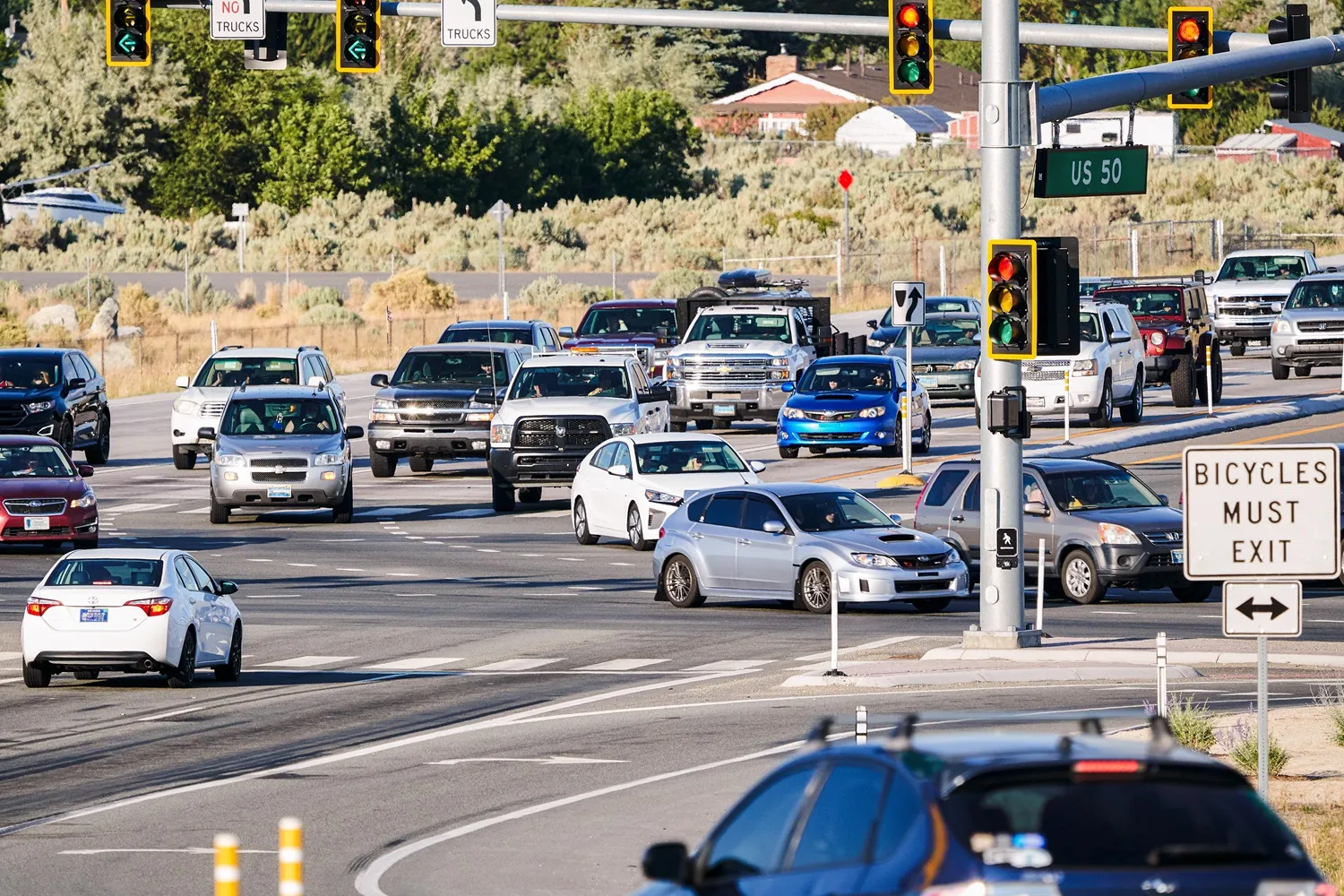The French Ministry of the Interior has shown its confidence in Vitronic’s new speed enforcement trailer, which offers five days of autonomous operation, by purchasing fifty systems, to be put into operation by the end of the year. A further 100 systems is expected to be purchased by the end of 2016. The contract will run over two years, and comprises delivery, operation and on-site and remote service.
Vitronic claims the trailer, a joint development with its partner company Cegelec Etupes Grands Projets
August 12, 2015
Read time: 2 mins
The French Ministry of the Interior has shown its confidence in 147 Vitronic’s new speed enforcement trailer, which offers five days of autonomous operation, by purchasing fifty systems, to be put into operation by the end of the year. A further 100 systems is expected to be purchased by the end of 2016. The contract will run over two years, and comprises delivery, operation and on-site and remote service.
Vitronic claims the trailer, a joint development with its partner company4199 Cegelec Etupes Grands Projets, offers a new solution for traffic monitoring that makes zero demands on the local infrastructure.
The enforcement trailer has an independent power supply utilising high-performance batteries, enabling uninterrupted operation for five days. It is equipped with Vitronic's PoliScan speed LIDAR technology, allowing authorities to monitor and enforce the speed of all vehicles across all lanes simultaneously. Variable speed limits and bans on through traffic specific to certain times, lanes and vehicle classes can also be monitored.
An integrated modem transfers data wirelessly via GSM and enables remote access to the system, enabling it to be operated autonomously without human intervention. Vitronic claims the trailer is also suited to operation in areas where conventional mobile speed enforcement systems cannot be used because of the risk to the operator.
The trailer can be transported by almost any vehicle equipped with a tow-bar and has its own remote-controlled engine for easy and precise alignment. Once in place, the trailer can be lowered down to ground level, preventing unauthorised removal. A reinforced outer shell and an alarm system protect it against vandalism.
Vitronic claims the trailer, a joint development with its partner company
The enforcement trailer has an independent power supply utilising high-performance batteries, enabling uninterrupted operation for five days. It is equipped with Vitronic's PoliScan speed LIDAR technology, allowing authorities to monitor and enforce the speed of all vehicles across all lanes simultaneously. Variable speed limits and bans on through traffic specific to certain times, lanes and vehicle classes can also be monitored.
An integrated modem transfers data wirelessly via GSM and enables remote access to the system, enabling it to be operated autonomously without human intervention. Vitronic claims the trailer is also suited to operation in areas where conventional mobile speed enforcement systems cannot be used because of the risk to the operator.
The trailer can be transported by almost any vehicle equipped with a tow-bar and has its own remote-controlled engine for easy and precise alignment. Once in place, the trailer can be lowered down to ground level, preventing unauthorised removal. A reinforced outer shell and an alarm system protect it against vandalism.








